Final evaluation of the project that strengthens olive farmers’ resilience in Southern Lebanon
Title Olivicoltori e cooperative di Hasbaya per un marchio di qualità – DOT OLIVE
Location Lebanon, District of Hasbaya
Duration 2019-2023
Project leader CELIM onlus
Partners El Khalil Foundation, Lebanese Agricultural Research Institute, Ingegneria senza Frontiere, Chico Mendes Onlus
Funding Italian Agency for Development Cooperation (AICS)
Context
Southern Lebanon is a mainly agricultural territory, with an important focus on olive farming. In particular, in the municipality of Hasbaya, olives represent more than 80 percent of local overall agricultural production. Located at the border with the State of Israel, and for many years subject to occupation, this region appears to be isolated and economically unstable.
In this context, the living conditions of the local population depend on the ability to generate income from the agricultural sector. The project DOT OLIVE aimed to improve olive farmers’ resilience in the rural areas of Hasbaya District.
Between 2019 and 2023, DOT OLIVE worked on strengthening the entire olive oil production chain. In particular, it focused on improving olive farmers production efficiency by reducing the cost of harvesting and production and at the same time increasing oil quality. The project also helped in granting a stable access to domestic and external markets by establishing a consortium and certifying the product; and reducing the environmental impact of the production system by eliminating unrecycled solid waste and vegetation water) and increasing control systems on illegal spills.
General Objective
The M&E and Impact Evaluation Unit was involved by CELIM to carry out the final evaluation of the project that involved about 110 district olive growers and 5 millers and organized them into a consortium, called Mount Hermon and strengthened the entire olive oil supply chain from production to marketing in Hasbaya District.
Our Contribution
The final evaluation aimed to determine the quality of project implementation and to highlight the main learnings that emerged from the project. To carry out the evaluation, ARCO’s Research team designed a mixed-methods strategy by triangulating qualitative and quantitative tools and favoring a participatory approach.
Olive growers, along with key project stakeholders were involved in participatory data collection activities including focus group discussions and interviews.
Read more on the M&E and Impact Evaluation Unit
Related Projects
-

Research on knowledge, attitude, social norms and practice on reproductive health rights and gender-based violence in Narok county, in Kenya
-

Evaluation of the project that promotes food security and climate resilience in Mozambique
-
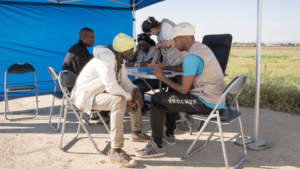
Evaluation of the project strengthening migrants’ right to health in Italy, Greece and Malta
-
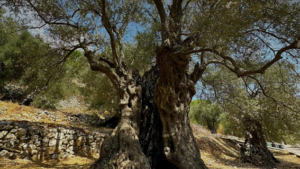
Final evaluation of the project that strengthens olive farmers’ resilience in Southern Lebanon
-
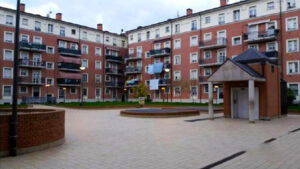
Social impact assessment of the Rapporti Corti project for socio-educational inclusion in the Navile district of Bologna
-

Evaluation of the Naseej project to stop gender-based violence in Iraq, Yemen, and Palestine
-
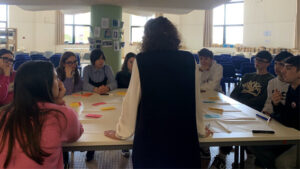
Evaluation of the project that promotes youth employment in Italy
-
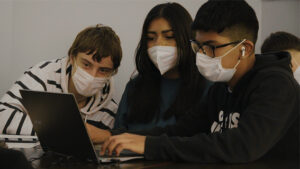
Final evaluation of the ‘5G Smart School’ project for innovative teaching in Italian schools
-
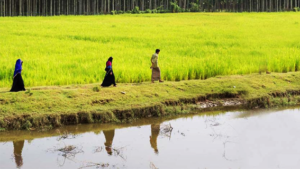
Evaluation of the project that fosters mainstreaming migration into international cooperation and development policies
-

Final evaluation of a project to contrast educational poverty in Albania
-
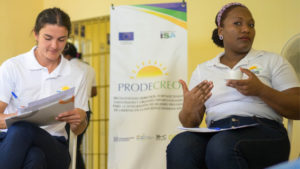
Evaluation of the project PRODECREO to promote the rights and socio-occupational reintegration of women deprived of their liberty in the Dominican Republic
-
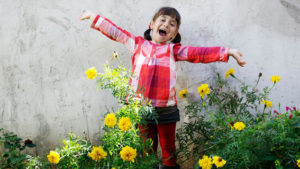
Final evaluation of the SOS Children’s Villages family strengthening project in Bosnia and Croatia
-

Evaluation of the project for the motor rehabilitation of oncological children in Turin
-
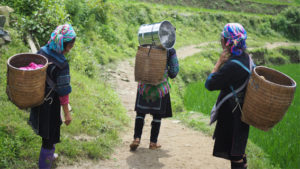
Evaluation of the project that aims to improve the health of the most vulnerable in Myanmar
-
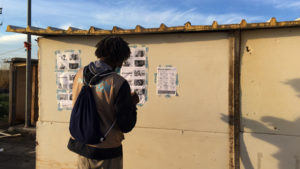
Final evaluation of the project that fosters proximity social-health services in the informal settlements of the Province of Foggia
-

Food Wave, Monitoring the project that promotes sustainable food consumption among young Europeans
-

Spazio Donna, evaluation of the projects to foster women empowerment and contrast gender-based violence
-

Evaluation of the projects “M’Interesso di Te” that tackle unaccompanied foreign minors’ integration
-
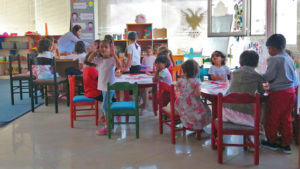
Evaluation of psycho-socio-sanitary interventions in response to the COVID-19 pandemic and the earthquake in Albania
-

Final evaluation of the Youth For Love project to raise young people’s awareness of gender-based violence
-
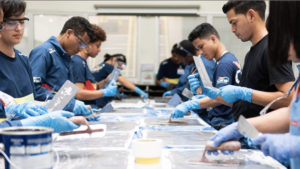
Multi-country mid-term evaluation of the YouthCan! programme, promoting the employability of vulnerable young people
-

Final evaluation of WEGO2 to support women economic empowerment contrasting intimate partner violence
-

Action Research for the project Do.N.N.E against gender-based violence in Central Italy
-

Evaluation of the project “Mentors for Resilience” to contrast educational poverty
-
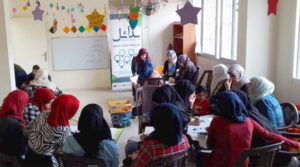
Outcome Harvesting of the project that aims to promote stability and social enterprise in Lebanon
-
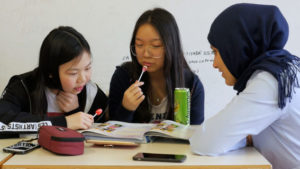
Annual evaluation and SROI of the programme “Nessuno Escluso” to contrast social exclusion and educational poverty in Tuscany
-
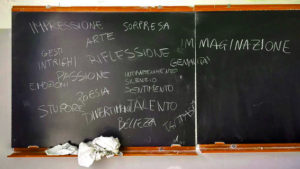
Evaluation of the project “Dreams and Needs” to contrast educational poverty in Italy
-
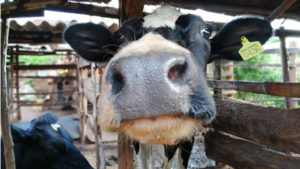
Mid-term evaluation of the project MilKy for the development of a sustainable dairy supply chain in Kenya
-

Final evaluation of Pe.R.Co.rrere: resilience of communities in Center Italy
-
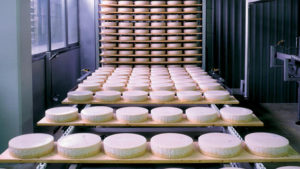
Evaluation of the promotion campaign for Piave DOP cheese in Austria, Germany and Italy
-
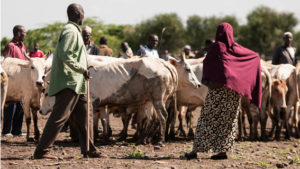
Mid-term & final evaluation of a project to strengthen resilience to climate shocks in Kenya
-
Evaluation of the promotion campaign for Italian specialities in Japan
-
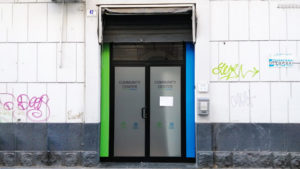
Community center, final evaluation of the social inclusion project
-
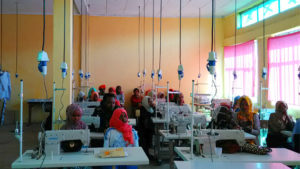
Mid-term evaluation of the project to contrast irregular migration in Ethiopia
-
Mid-term evaluation of the project for the conservation of Protected Areas in Albania
-

Social Impact Assessment of children’s protection programmes in Kyrgyzstan
-
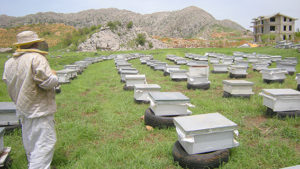
Monitoring&Evaluation of reintegration services for drug addicts and ex-addicts in Lebanon
-
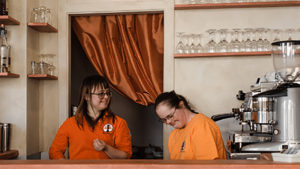
SROI Analysis, Albergo Etico social performance
-
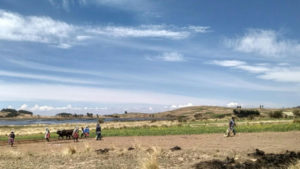
ECO.COM: strengthening local economic development in Bolivia
-

Improving the sustainability in the cherry supply chain in Bulgaria and Turkey
-
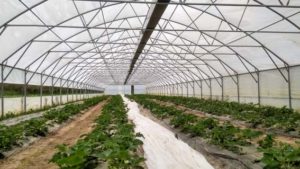
Evaluating sustainable agricultural supply chains in Bosnia Herzegovina and Albania
-
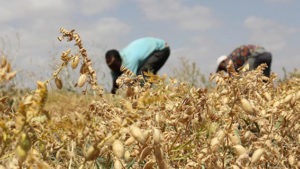
Impact evaluation of the creation of a durum wheat supply chain in Ethiopia
-
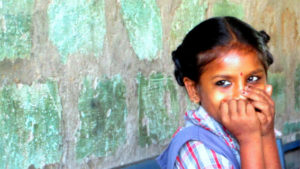
Impact evaluation of a Rehabilitation programme in India